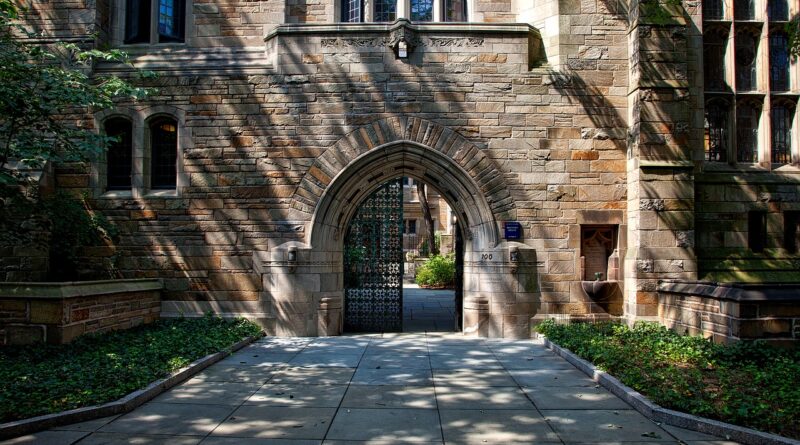Breaking Barriers: Are Business Schools Helping Students from Deprived Backgrounds Achieve an MBA
Breaking Barriers: Are Business Schools Helping Students from Deprived Backgrounds Achieve an MBA
Obtaining an MBA (Master of Business Administration) can open doors to significant career opportunities and financial advancement. However, for many students from deprived backgrounds, the cost and lack of access to MBA programs can be significant barriers to achieving their goals. The question remains, are business schools doing enough to help these students overcome these barriers and achieve an MBA?
One of the main barriers for students from deprived backgrounds is the cost of an MBA program. The average cost of an MBA program can range from tens of thousands to hundreds of thousands of dollars. This cost can be prohibitive for many students, and the lack of financial aid can make it even more difficult for them to afford. Business schools need to make a greater effort to provide financial aid, scholarships, and grants to students from deprived backgrounds to help them afford an MBA.
Another barrier is the lack of access to information and resources about MBA programs. Many students from deprived backgrounds may not have the same access to information about MBA programs and the application process as their more privileged peers. Business schools should make a greater effort to reach out to and provide information to these students, and to provide support during the application process.
The lack of diversity in business schools is also a problem. Many students from deprived backgrounds come from underrepresented groups, and the lack of diversity in business schools can make them feel unwelcome or out of place. Business schools need to make a greater effort to increase diversity in their MBA programs and to provide a welcoming and inclusive environment for all students.
Despite these barriers, some business schools are taking steps to help students from deprived backgrounds achieve an MBA. Some are offering scholarships and financial aid to these students, providing support during the application process, and working to increase diversity in their MBA programs.
In conclusion, while business schools have made some progress in helping students from deprived backgrounds achieve an MBA, there is still more that can be done. Business schools need to make a greater effort to provide financial aid, increase access to information and resources, and increase diversity in their MBA programs. Only then can we truly break the barriers that prevent students from deprived backgrounds from achieving their goals and reaching their full potential.


